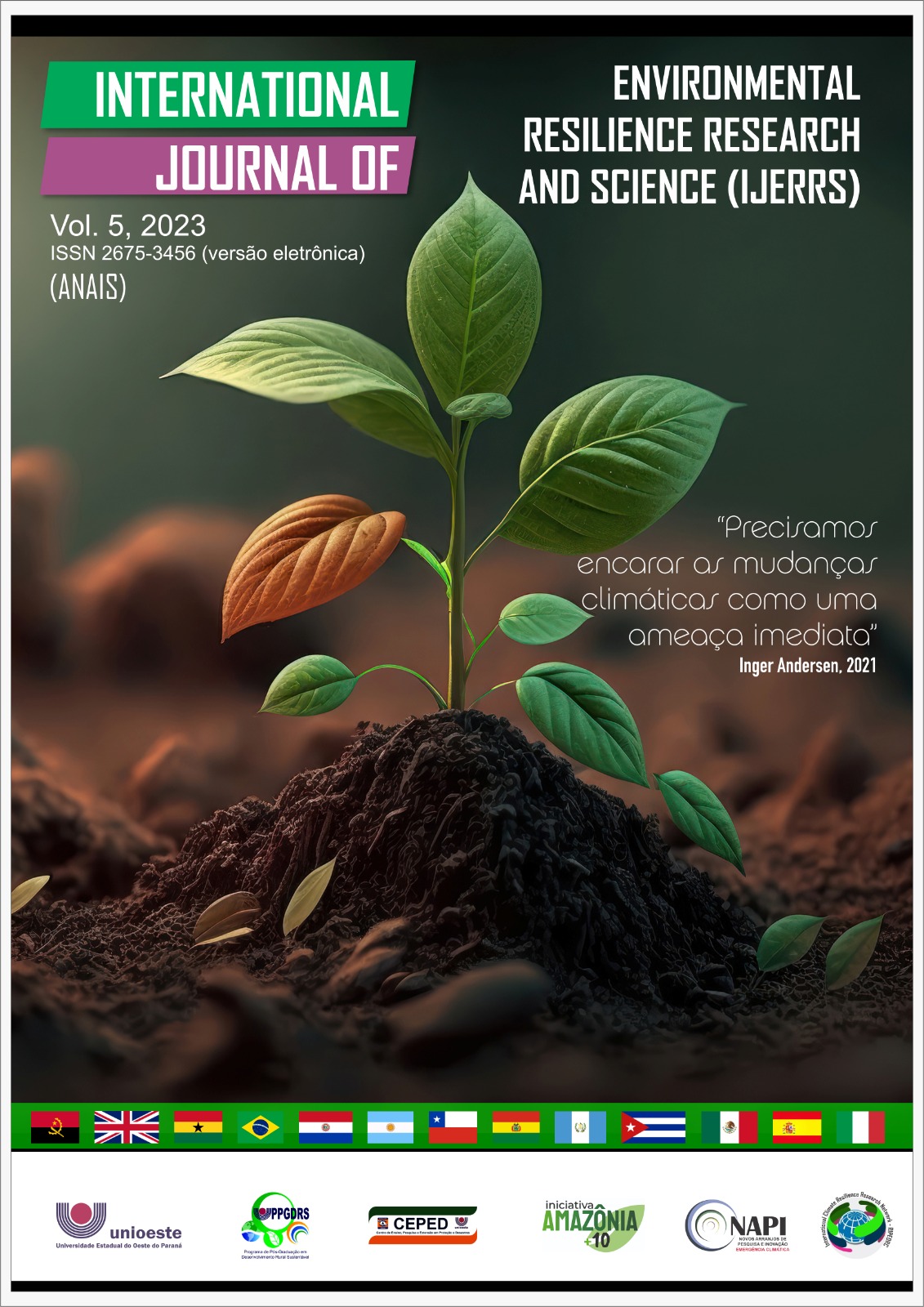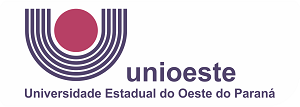Perception of Residents and Water Quality for Human Consumption in the São Francisco do Iratapuru Extractive Community - Amapá / Brazil
DOI:
https://doi.org/10.48075/ijerrs.v5i3.32241Abstract
This study aimed to understand the perceptions of residents of the São Francisco do Iratapuru Extractive Community (AP) regarding the quality of water supplied by the public network, and to analyze whether this water meets the standards set by Ordinance GM/MS No. 888/2021. For this purpose, a qualitative approach was used through the application of a questionnaire, as well as physical-chemical and microbiological analyses to assess water quality. According to the results, 71.1% of the respondents do not consider the water to be of good quality. In the users' opinion, the water presents undesirable characteristics such as color (43.3%) and dirtiness (43.3%). The data obtained from the physical-chemical and microbiological analyses revealed non-compliance with the current resolution for the Total Coliforms parameter. The methodology for evaluating the system based on the community's perception proved to be an important tool for management, planning, and system credibility, as physical and organoleptic characteristics were the most noticeable.
Keywords: potability. SDG 6. cost-benefit. sustainability.
Downloads
Published
How to Cite
Issue
Section
License
Copyright (c) 2023 International Journal of Environmental Resilience Research and Science

This work is licensed under a Creative Commons Attribution-NonCommercial-ShareAlike 4.0 International License.
Aviso de Direito Autoral Creative Commons
Política para Periódicos de Acesso Livre
Autores que publicam nesta revista concordam com os seguintes termos:
1. Autores mantém os direitos autorais e concedem à revista o direito de primeira publicação, com o trabalho simultaneamente licenciado sob a Licença Creative Commons Attribution que permite o compartilhamento do trabalho com reconhecimento da autoria e publicação inicial nesta revista.2. Autores têm autorização para assumir contratos adicionais separadamente, para distribuição não-exclusiva da versão do trabalho publicada nesta revista (ex.: publicar em repositório institucional ou como capítulo de livro), com reconhecimento de autoria e publicação inicial nesta revista.
3. Autores têm permissão e são estimulados a publicar e distribuir seu trabalho online (ex.: em repositórios institucionais ou na sua página pessoal) a qualquer ponto antes ou durante o processo editorial, já que isso pode gerar alterações produtivas, bem como aumentar o impacto e a citação do trabalho publicado (Veja O Efeito do Acesso Livre).
Licença Creative Commons
Esta obra está licenciada com uma Licença Creative Commons Atribuição-NãoComercial-CompartilhaIgual 4.0 Internacional, o que permite compartilhar, copiar, distribuir, exibir, reproduzir, a totalidade ou partes desde que não tenha objetivo comercial e sejam citados os autores e a fonte.









